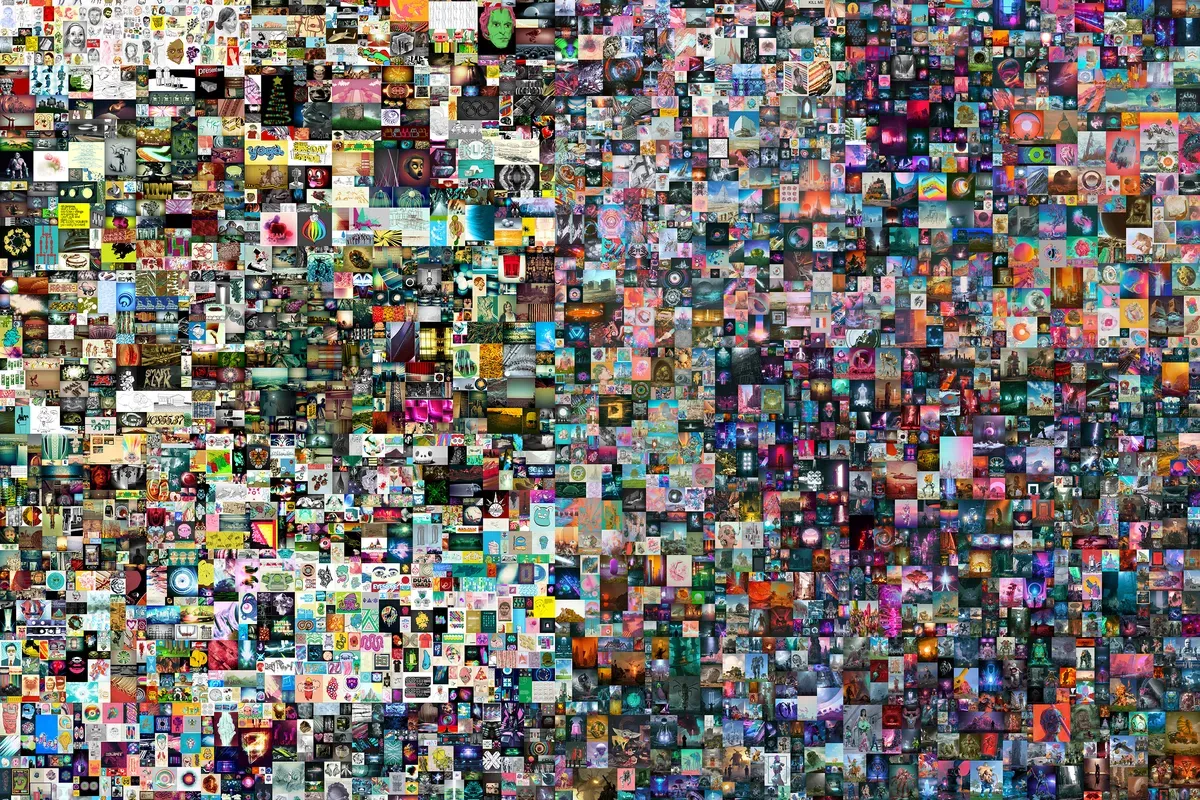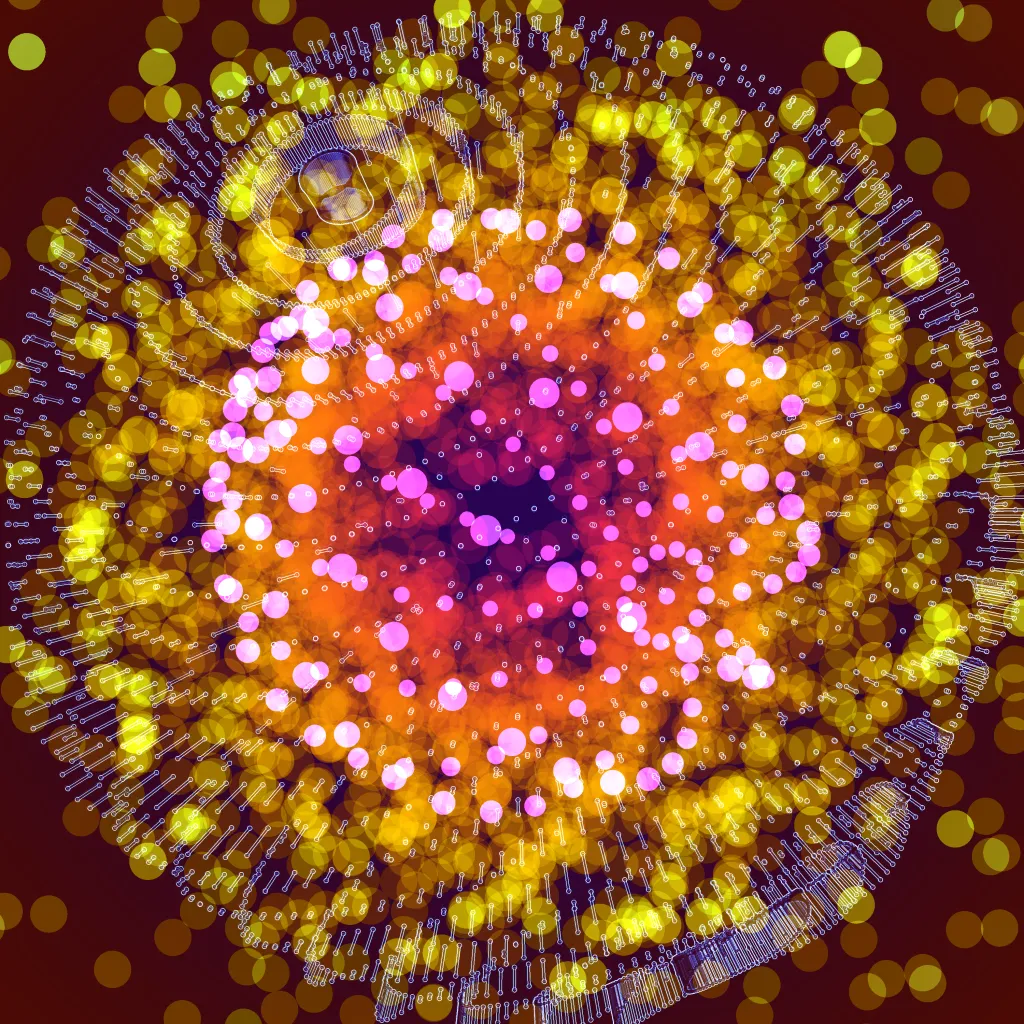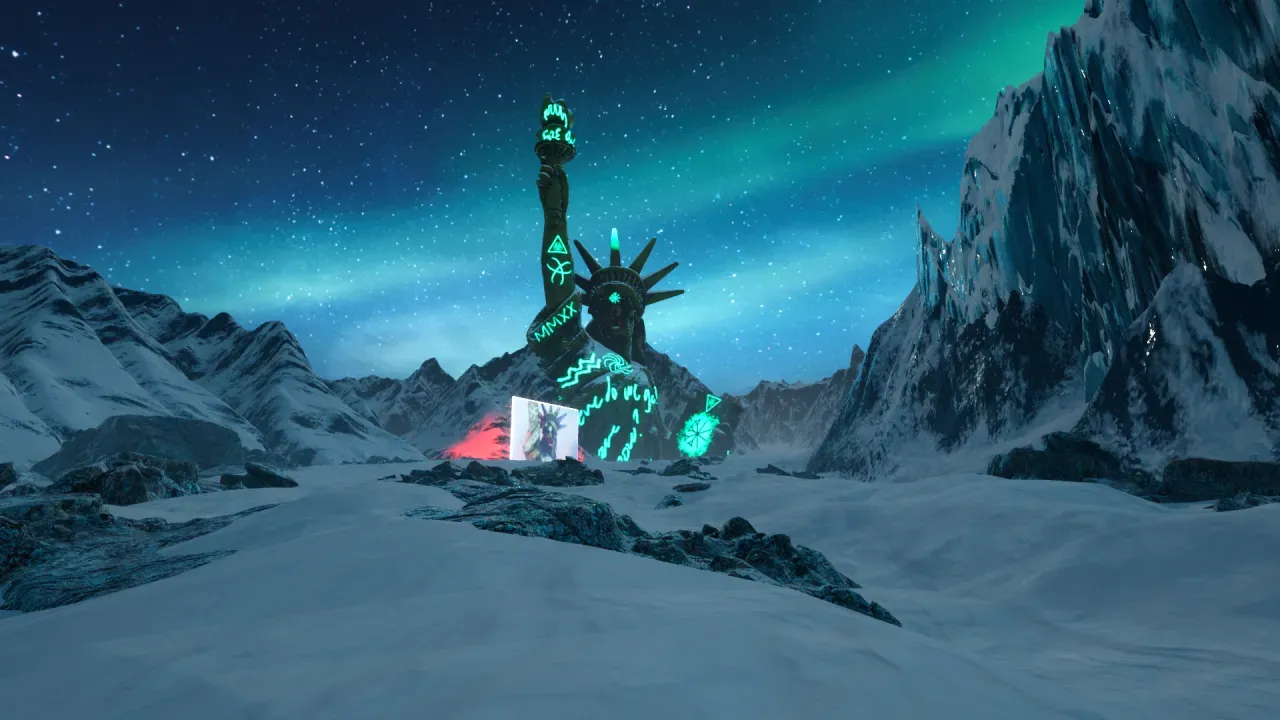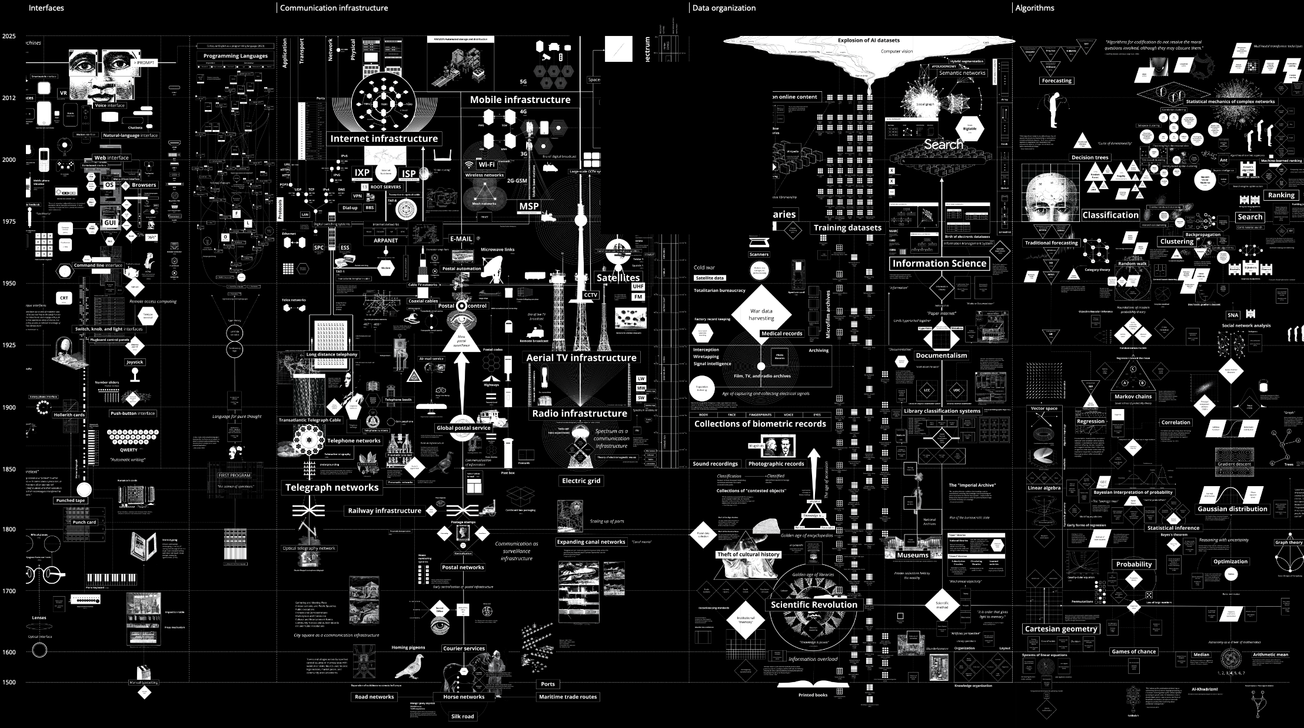Non-fungible tokens (NFTs) have emerged as a powerful force that challenges conventional notions of ownership, art, and value. These unique digital assets, built on blockchain technology, offer a new way to buy, sell, and trade ownership of digital content, ranging from art and music to virtual real estate and collectibles. NFTs have gained significant attention and adoption in recent years, sparking debates about their potential as transformative innovations or disruptive forces in the art market and beyond.
At the core of NFTs is the concept of digital ownership. Unlike cryptocurrencies such as Bitcoin or Ethereum, which are fungible and can be exchanged on a one-to-one basis, NFTs are unique and indivisible. Each NFT represents a verifiable proof of ownership of a specific digital asset, authenticated by blockchain technology. This means that while anyone can view or share the digital content associated with an NFT, only the owner holds the official record of ownership.
One of the most notable areas of NFT adoption has been the art world. NFTs have revolutionized the way art is created, distributed, and owned. Artists can tokenize their digital creations as NFTs, allowing them to directly sell their work to collectors without the need for intermediaries like galleries or auction houses. This newfound direct connection between artists and collectors has the potential to democratize the art market and empower artists to retain a larger portion of the sale price.

The meteoric rise of NFT art was exemplified by the sale of Beeple's artwork for $69.3 million at Christie's auction house. This historic moment not only thrust NFTs into the spotlight but also triggered discussions about the intrinsic value of digital art. The notion of owning a unique digital token that represents ownership of a digital artwork challenges traditional perceptions of art ownership tied to physical objects.

While NFTs offer innovative possibilities, they have also sparked controversies and debates. Critics point out concerns related to environmental sustainability, as the energy consumption of blockchain networks supporting NFT transactions has raised alarm bells. Additionally, questions have been raised about the authenticity and value of digital content, with instances of plagiarism and unauthorized use of existing digital works. NFTs also present challenges in terms of copyright enforcement and the protection of artists' intellectual property rights.
The art market, historically dominated by galleries, auction houses, and established intermediaries, is undergoing a seismic shift due to NFTs. The direct relationship between artists and collectors facilitated by NFT platforms challenges the conventional gallery model. Artists have newfound autonomy to determine the pricing and distribution of their work, reducing their dependence on traditional gatekeepers.
NFTs have also introduced a paradigm shift in terms of provenance and authenticity. Blockchain's immutable ledger ensures transparent and traceable ownership records, mitigating the risk of art forgery and fraud. Art collectors and enthusiasts can easily verify the legitimacy of an NFT's provenance, enhancing trust in the digital art ecosystem.
As the popularity of NFTs has soared, numerous NFT marketplaces have emerged to cater to artists, collectors, and enthusiasts. These platforms provide a space for artists to tokenize and sell their creations, while collectors can browse, bid on, and purchase NFTs that resonate with them. NFT marketplaces are more than transactional spaces; they foster vibrant communities of creators and collectors who share a passion for digital art and innovation.

While NFTs are often associated with art, their applications extend beyond the realm of creativity. Virtual real estate is another arena where NFTs are making waves. Metaverse platforms, virtual worlds, and online games offer users the opportunity to buy, sell, and own virtual parcels of land as NFTs. This has led to the creation of virtual economies and ecosystems where users can monetize their creativity and activities.
The advent of NFTs raises profound questions about the nature of ownership, value, and cultural significance. As we navigate the transition from physical to digital ownership, we must confront how we perceive the worth of digital creations. The rise of NFTs challenges the traditional norms of the art world, prompting us to rethink the concept of art as an intangible yet valuable creation.
As NFTs continue to reshape industries and cultural paradigms, several challenges and opportunities lie ahead. Environmental concerns related to the energy consumption of blockchain networks underline the importance of sustainable solutions. Efforts to address copyright issues, plagiarism, and intellectual property rights will be crucial to building a credible and trusted NFT ecosystem. Additionally, the integration of NFTs with real-world assets and traditional financial systems offers new avenues for investment and ownership. Fractional ownership of physical assets, tokenized real estate, and digitized collectibles are areas that hold promise for NFT adoption beyond the digital realm.
Non-fungible tokens (NFTs) have ushered in a new era of digital ownership and creativity. While debates continue about their potential as transformative innovations or disruptive forces, there is no denying their impact on industries ranging from art and entertainment to finance and technology. As NFTs challenge traditional norms and create new possibilities, individuals, creators, and institutions must navigate this evolving landscape with a balance of curiosity, caution, and open-mindedness. Whether NFTs emerge as enduring innovations or temporary trends, their influence on culture and commerce is undeniable, marking a pivotal moment in the evolution of digital society.





